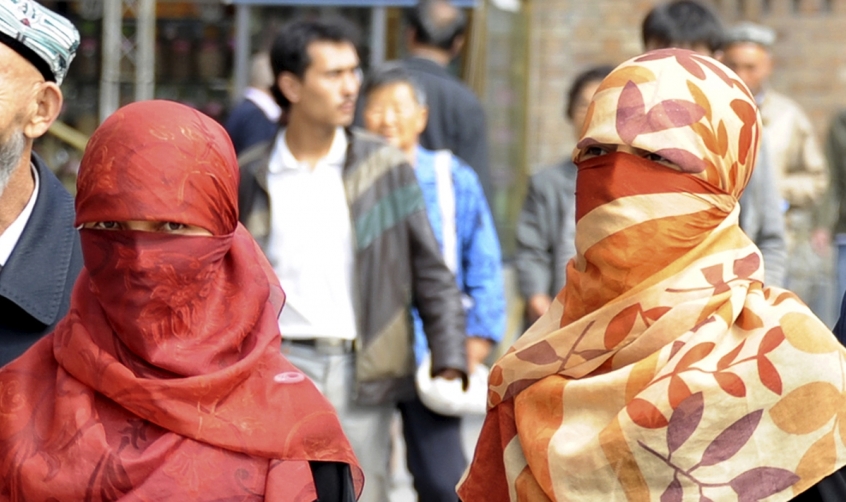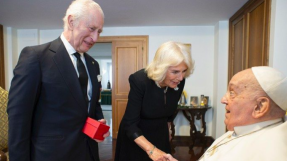Religion is not the main cause of Islamist radicalisation, a new report is claiming, with other factors such as mental health, deprivation and family breakdown more important.
These broader factors are ignored in government responses to extremism which need a 'fundamental rethink', according to the study. High numbers of terrorists do not practise the faith they claim to fight for, it says, and many drink alcohol, take drugs and visit prostitutes – habits forbidden by Islamic teaching.

Within Islamist groups a high proportion only have a superficial commitment to their faith, the report by the Oasis Foundation says, citing research from the UN and MI5. More than half (57 per cent) of respondents to a UN survey of those who joined extremist groups in Africa had 'little or no understanding of religious texts'.
The report, by the Christian group of schools, community projects and food banks, is called Enough is Enough and goes not on to criticise the government's Prevent strategy for counter-extremism, saying it 'is too short-term and fails to address the root causes of extremism'. It says the approach 'is failing because it is single-mindedly focused on issues of ideology and not with the other structural drivers of radicalisation'.
Instead it calls for 'a more honest narrative on radicalisation' that recognises the different causes of extremism and invests in 'character formation' and skills such as conflict resolution and critical thinking in schools as well as key knowledge subjects such as religious education and history.
Ian Sansbury, director of the Oasis Foundation and author of the report said: 'This report makes tricky reading for anyone quick to blame religion for all the world's problems. Nor will it sit well with those who believe Islam is a religion that leads people into violence.
'More fundamentally however, this research casts huge questions on the UK's approach to tackling radicalisation which focuses on challenging an "evil ideology". While this may be part of the process, the report makes it clear that a number of broader and deeper circumstances need to addressed and that if we fail to do so, we will be abandoning many of our young people to a lifetime of danger.'
Defending Oasis' intervention in the debate over radicalisation, Steve Chalke, founder of Oasis said: 'Through our work with vulnerable people around the world, we knew we couldn't hide from the issue of radicalisation or shirk the profound questions it causes any society to ask.
'Today's report casts significant light on both the challenges and more considered responses that lay ahead. Fundamentally however, all of us involved with nurturing young people – parents, teachers, family members, religious groups and countless others – need to be united in our quest to convince each young person that their life matters. If we don't, someone else will.'













